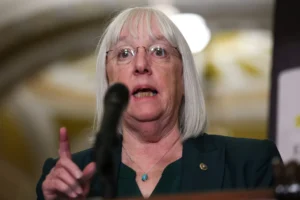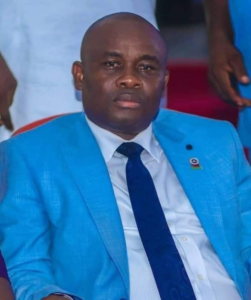Lagos State Governor Babajide Sanwo-Olu has signed the Lagos Electricity Bill into law, marking a significant step toward reliable power supply for residents. The signing ceremony took place at Lagos House in Alausa, Ikeja, with Deputy Governor Kadri Hamzat, members of the State Assembly, and state executive council members in attendance.
Governor Sanwo-Olu praised the Lagos State House of Assembly for the swift passage of the bill, emphasizing its potential to transform the socio-economic landscape of the state. He noted that the bill, which has been in development for years, would ensure steady electricity for Lagosians.
Speaking on the development, the Commissioner for Energy and Mineral Resources, Biodun Ogunleye, highlighted that the new electricity law would establish an additional grid for the state, effectively ending power outages.
“There will now be regular power supply. The Host Community Development Trust Fund will provide opportunities for communities to develop power plants,” Ogunleye stated. He described the initiative as a beacon of progress, aimed at achieving uninterrupted power in Lagos State.
The Lagos State Electricity Law 2024 is part of Governor Sanwo-Olu’s broader agenda to tackle persistent energy sector challenges. The law is designed to drive economic growth, improve the quality of life, and promote energy equity and environmental sustainability.
Key provisions of the law include:
- Establishing a technically sound, financially viable, and well-regulated Lagos Electricity Market.
- Ensuring affordable, reliable, and sustainable electricity for all residents.
- Promoting diverse energy sources, including renewable energy, and encouraging energy efficiency.
- Fostering investment, competition, and innovation in the electricity sector.
- Electrifying underserved areas to contribute to the sustainable development of Lagos State.
Governor Sanwo-Olu expressed optimism that the law would lay a strong foundation for industrial growth and economic prosperity while addressing energy needs across the state.



























